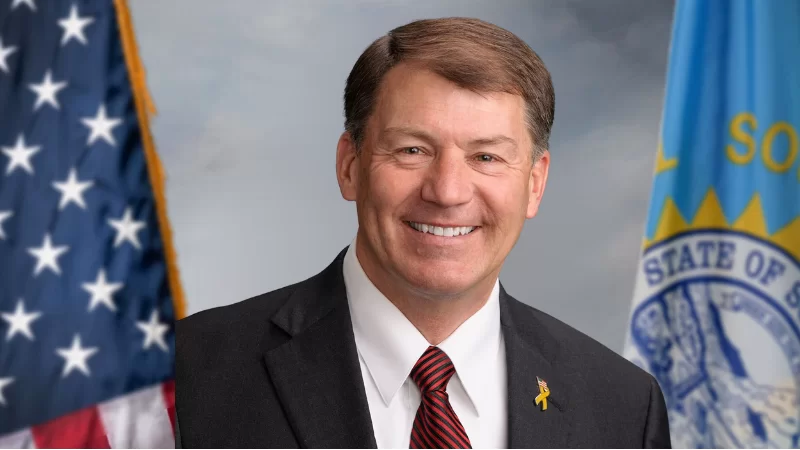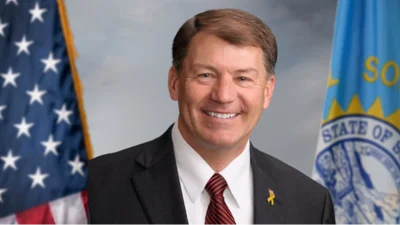Senator Mike Rounds, US Senator for South Dakota | Official U.S. Senate headshot
Senator Mike Rounds, US Senator for South Dakota | Official U.S. Senate headshot
U.S. Senators Mike Rounds and John Thune have called on Secretary of Agriculture Tom Vilsack and U.S. Trade Representative Katherine Tai to initiate discussions about updating trade agreements to enable the use of a highly pathogenic avian influenza (HPAI) vaccine. The senators sent a letter expressing their concern that the slow progress in updating trade agreements may hinder the implementation of the vaccine.
In their letter, Rounds and Thune highlighted the ongoing efforts of the United States Department of Agriculture (USDA) to test vaccines to combat HPAI. The avian influenza outbreak has had a severe impact on the poultry industry in South Dakota, affecting over 5.3 million birds and costing the federal government nearly $1 billion. However, before these vaccines can be used by producers, negotiations with major trade partners must take place.
"It is our understanding that USDA’s Agricultural Research Service (ARS) is currently in the process of testing new vaccines to address the latest HPAI strain," the senators wrote. "We are hopeful about the benefits of the vaccines being developed, but we remain concerned that the important work of updating the trade agreements will not keep up with the scientific advancements."
The senators emphasized the need for the USDA and USTR to prioritize the interests of impacted producers and consider the animal health implications of delaying trade agreement updates. They stressed the urgency of these discussions to prevent any potential disadvantages for the poultry and egg industry.
Avian influenza outbreaks continue to pose a significant threat to domestic poultry populations, with migratory birds exacerbating the spread of the disease. South Dakota has been particularly affected, with over 5.3 million birds impacted by the outbreak. The senators stressed that without updated trade agreements, the use of HPAI vaccination could further disadvantage the poultry and egg industry.
While acknowledging that trade considerations will have an impact on the vaccine rollout, Rounds and Thune urged the USDA to prioritize animal health and the needs of all producers. They called for proactive collaboration between the USDA and USTR to resolve potential trade disputes while supporting ongoing research on vaccine efficacy and surveillance.
The senators concluded their letter by expressing their appreciation for prompt attention to the matter and copied the United States Trade Representative Katherine Tai.
The call from Senators Rounds and Thune highlights the critical need for trade agreement updates to facilitate the use of an HPAI vaccine, as the avian influenza outbreak continues to devastate flocks of domestic poultry. The letter serves as a reminder of the importance of prioritizing animal health and supporting impacted producers in the face of emerging diseases and trade challenges.




 Alerts Sign-up
Alerts Sign-up